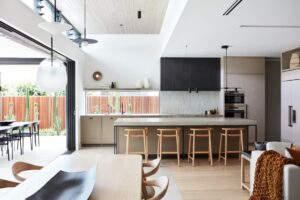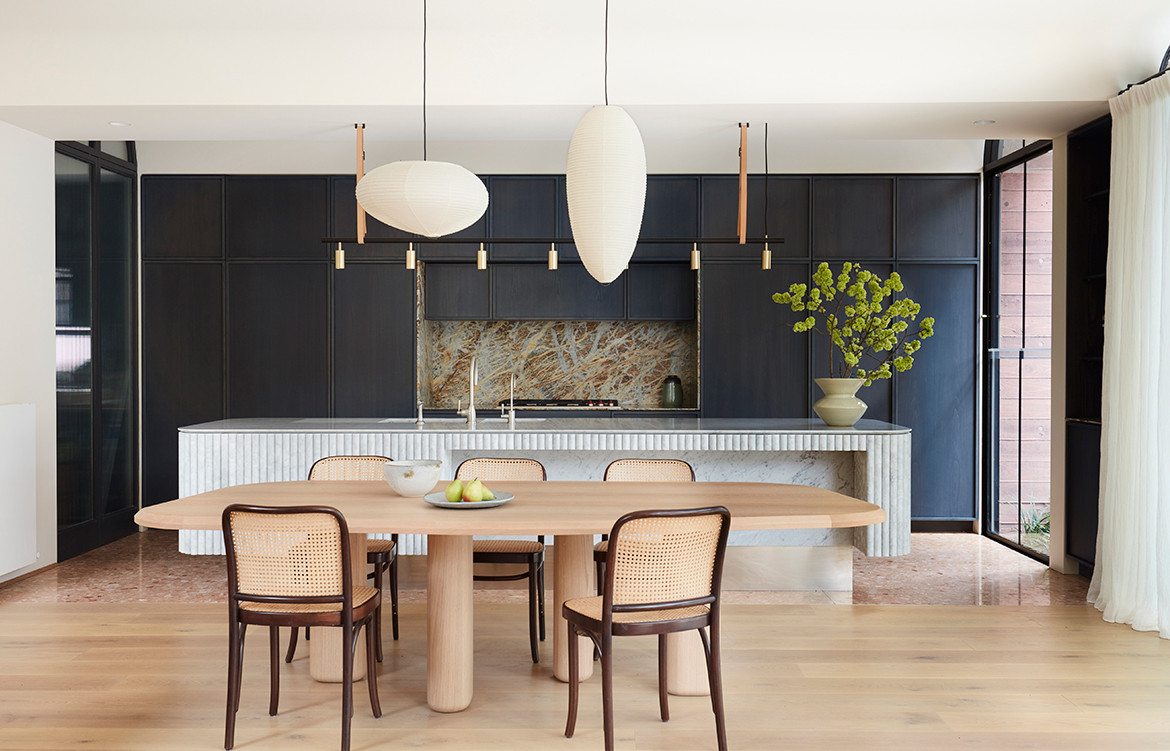You can’t please everyone, and you can’t cram too much into too little without making some sacrifices. Yet we’re all culpable of having tried on both accounts – I’m not hesitant to admit being a repeat offender on both fronts. But put into the context of growing cities and a subsequent increase in density, and we’ve got a bigger problem than an anecdote from which you can say at least you learnt your lesson.
It’s a big issue and it’s not going to get better by ignoring it. Current practises around urban developments, density and environments form the basis for Size And The City: Our Developers Have Some Explaining To Do, one of the Habitus, LiveLife Design Hunter Seminar Series this year at Sydney Indesign. Next Friday from 1:00-2:00pm at The Alex we’ll be moderating a panel discussion between Tim Greer, Rasmus Frisk, Glenn Harper and Seamus McCartney.
To start at the very beginning let’s consider the causing factors. To my mind there are three very simple – yet very obvious – reasons: we have a growing and ageing population world wide; people want to live in the city; developers are very happy to cater to – and profit from – this trend.
The hour-long seminar, with a full CPD accreditation point available for attendees, is set to look at the future of our cities from an architecture and design perspective.
Here’s a bit of a taster of some of the talking points. How can we ensure urban developments are met with adequate urban planning and the capacity of the local government to support a jump in population? How can architects, product and interior designers see shiny new developments sit seamlessly in a street lined with traditional Victorian cottages, the infamous terrace house, or repurposed warehouses and electricity substations? Undoubtedly aesthetics are important but let’s also consider the above point environmentally and atmospherically. What can we do to avoid a divide between new and existing residents? How can we encourage the existing community to get involved in the planning and design stages – and help developers see the value, the necessity, of community consultation and collaboration. Promises of a burgeoning sense of community, reinvigorated neighbourhoods and highly frequently public spaces are rife in the advertising of new developments, but can community be created or does it require time to develop?
The panellists each have a unique perspective and background to bring to the discussion. Tim Greer is one of the Directors at TZG Architects and has experience working on both single and multi-residential projects. Rasmus Frisk is the CEO and Founder of arki_lab, an urban design studio based in Copenhagen championing a new design paradigm: designing with people. He’s no stranger to Australian shores with a Sydney office, Sydney projects and a Tedx Talk, Designing Cities For People, at the University of Wollongong in 2013. Glen Harper is the Head of Urban Design at PTW Architects with a special interest in mixed use, transit orientated developments. Seamus McCartney was appointed General Manager of Retail – Urban Regeneration at Lendlease in 2015 and offers a perspective informed by 15 years’ experience in property development with a focus on large-scale, mixed-use property developments.
I can’t promise a solution or epiphany by the end of the talk, these things take time. But a lengthy, informative, and collaborative discussion is one step closer – so make you’re there. Before we reach capacity book your seats here.
Holly Cunneen
Deputy Editor







